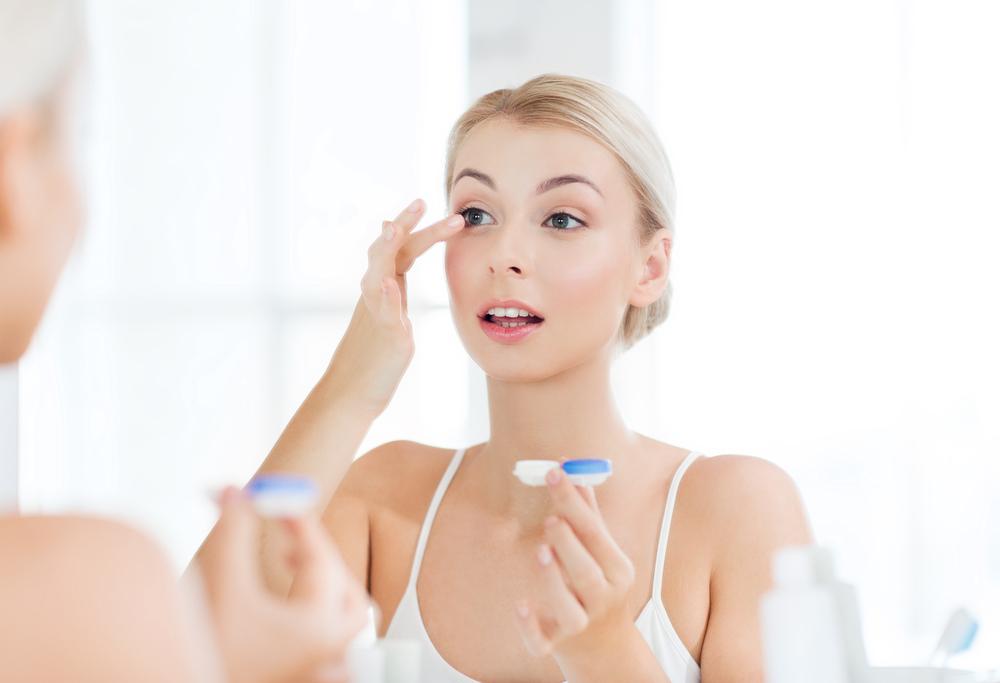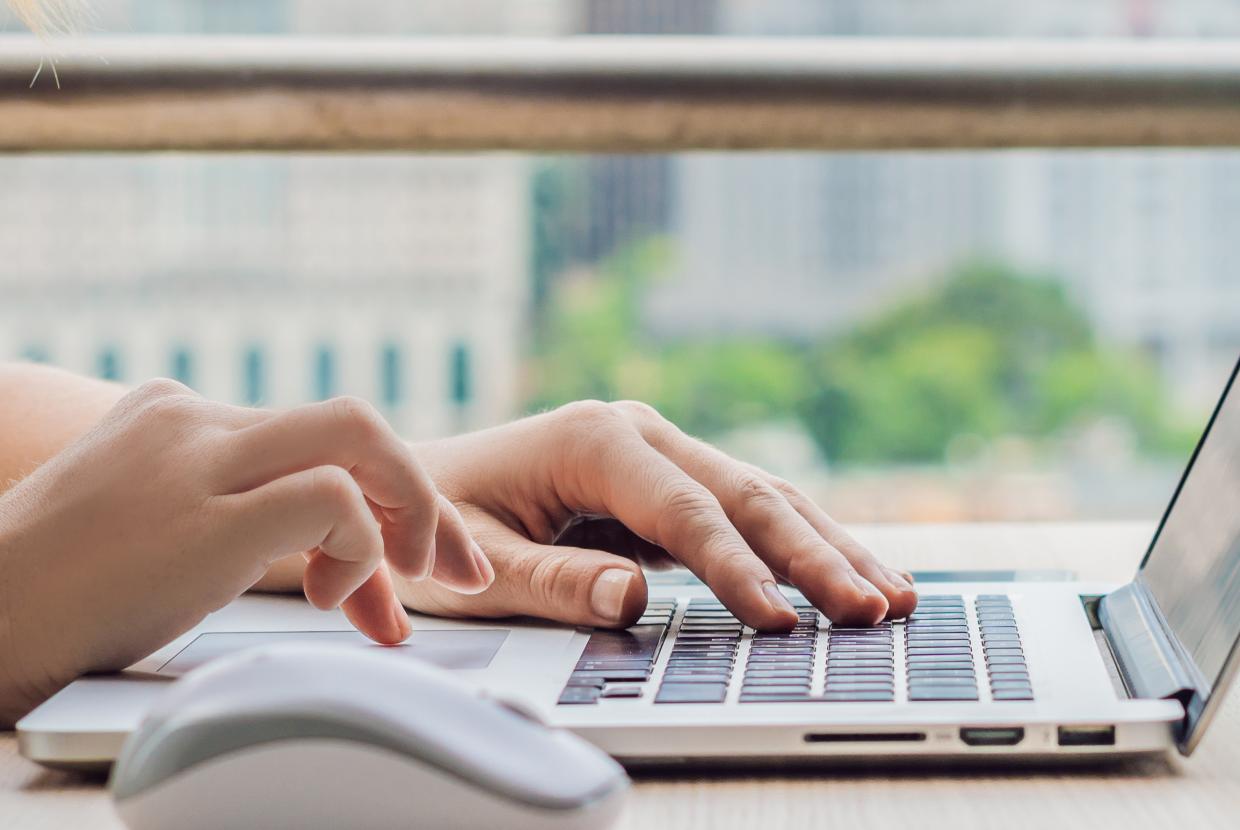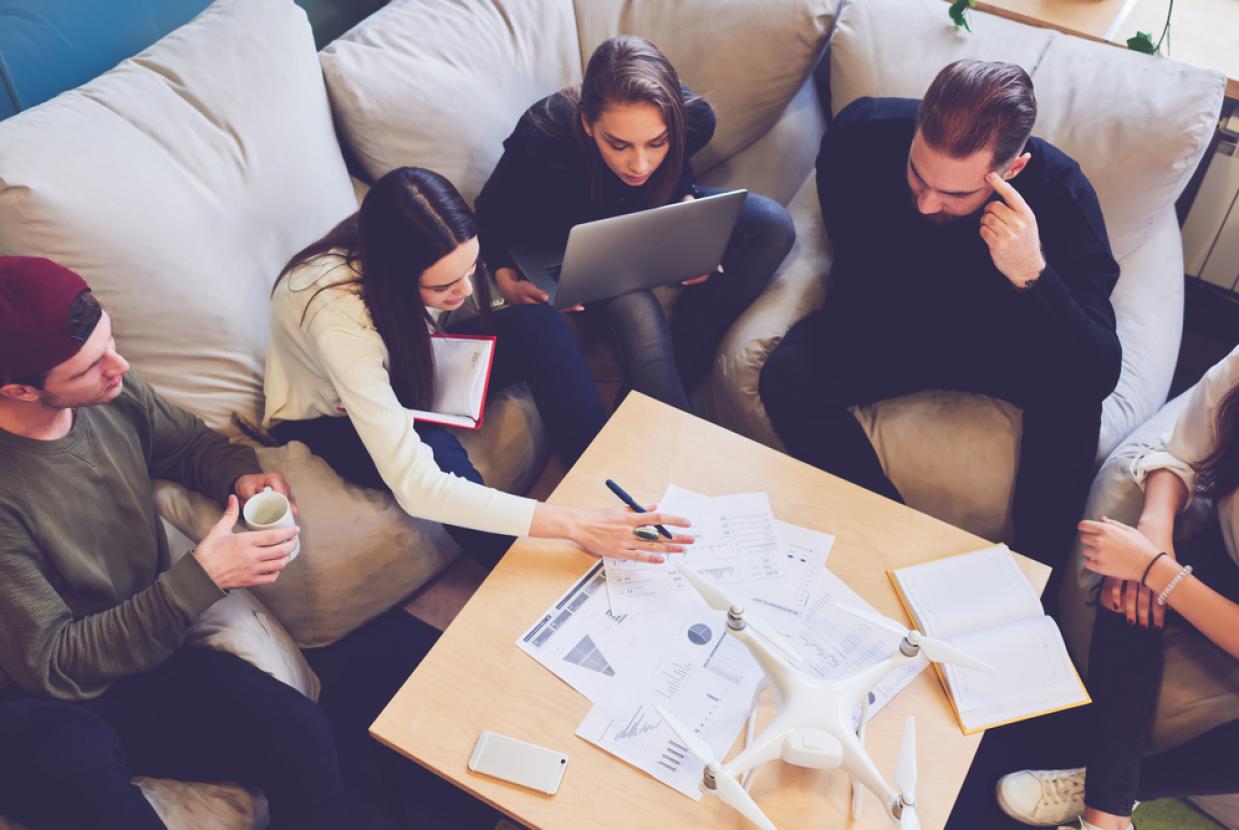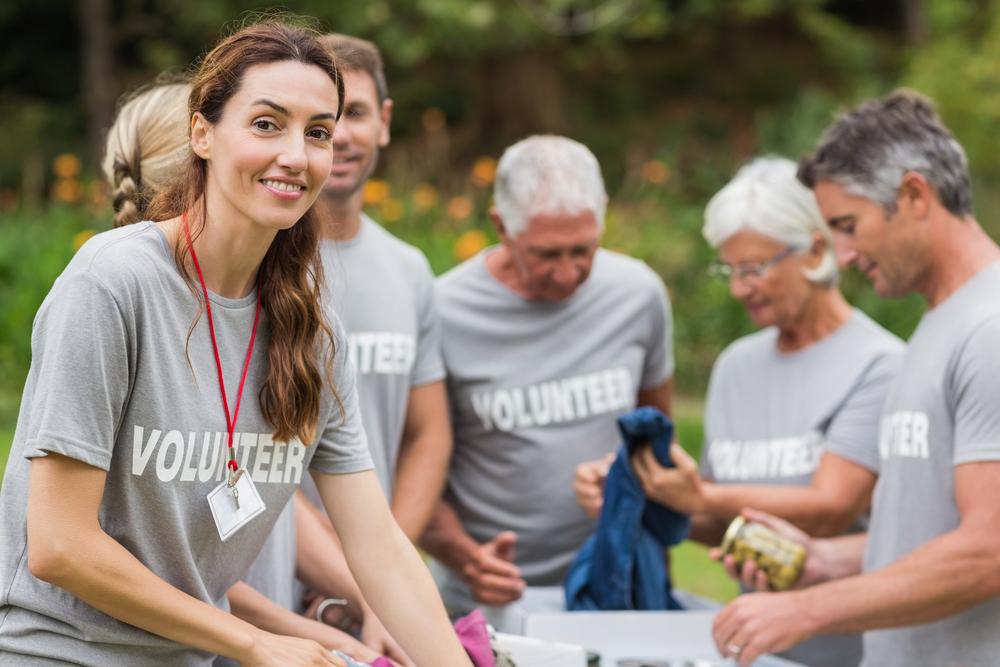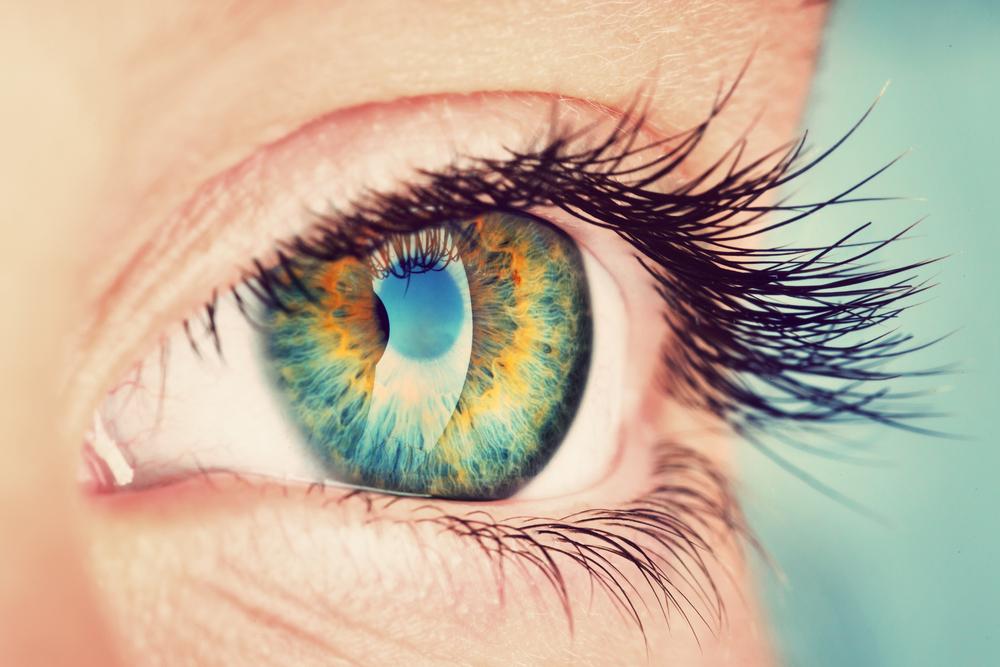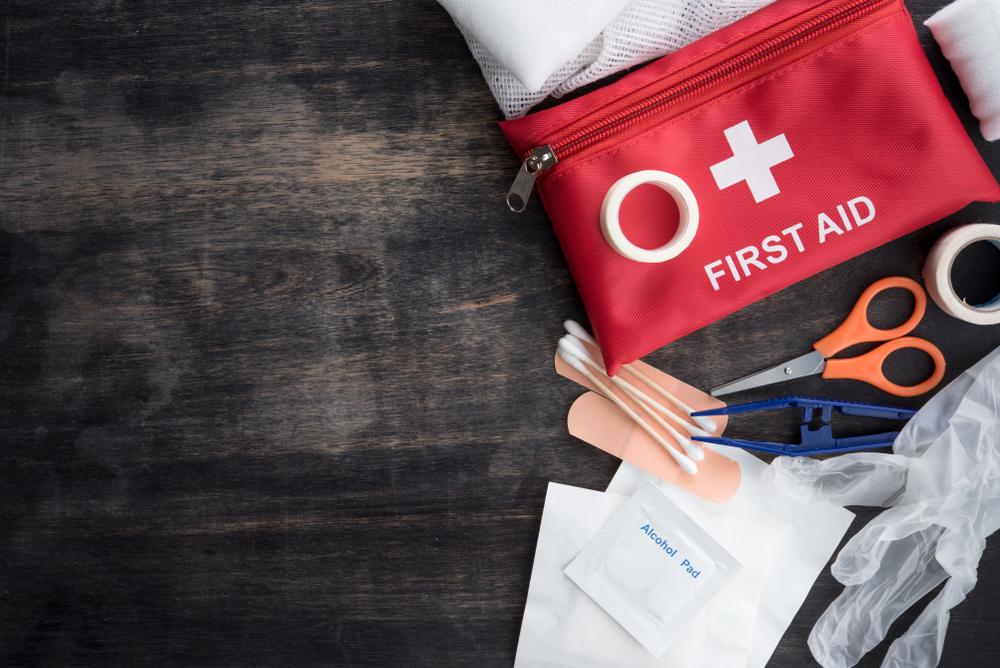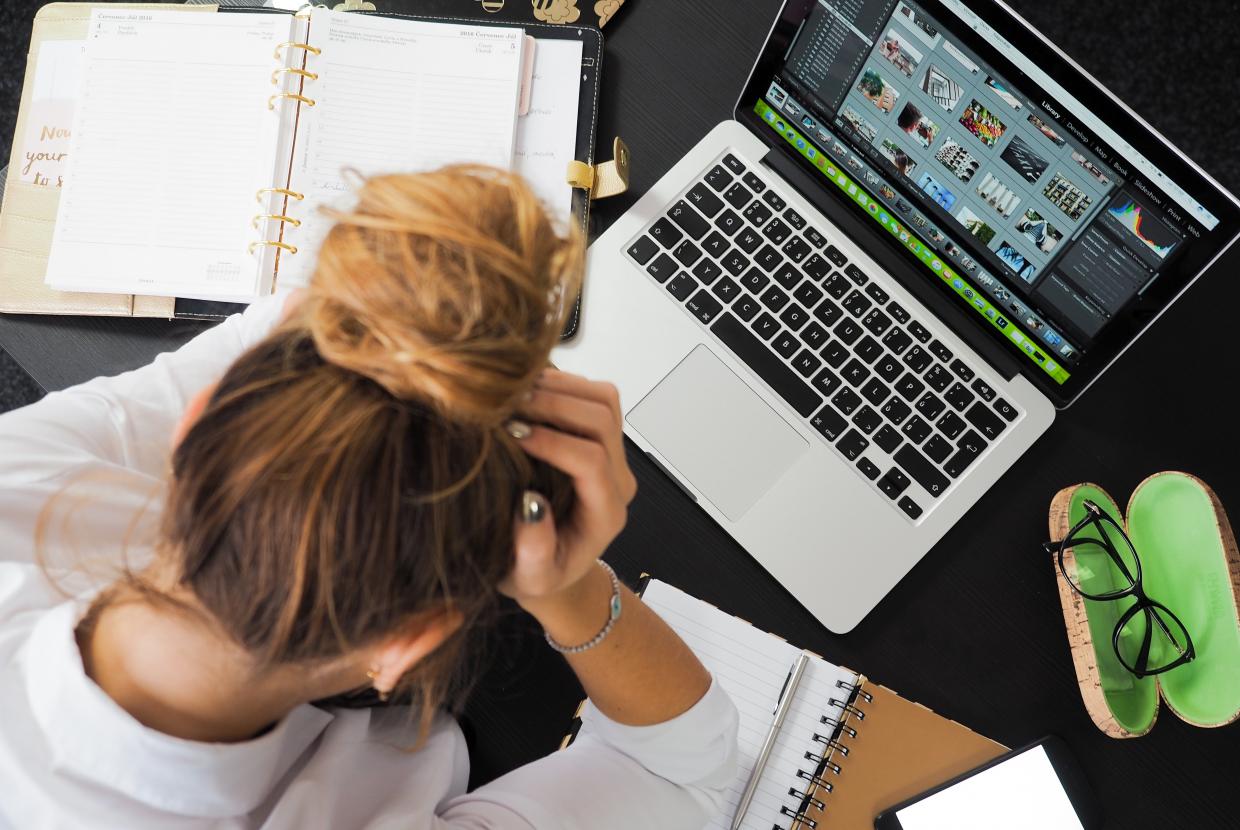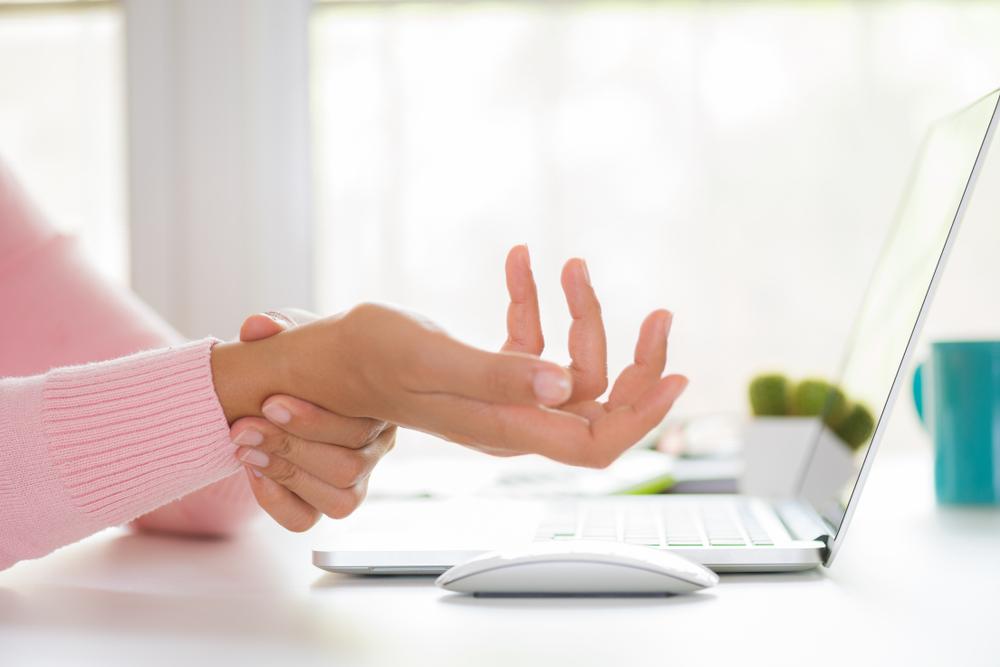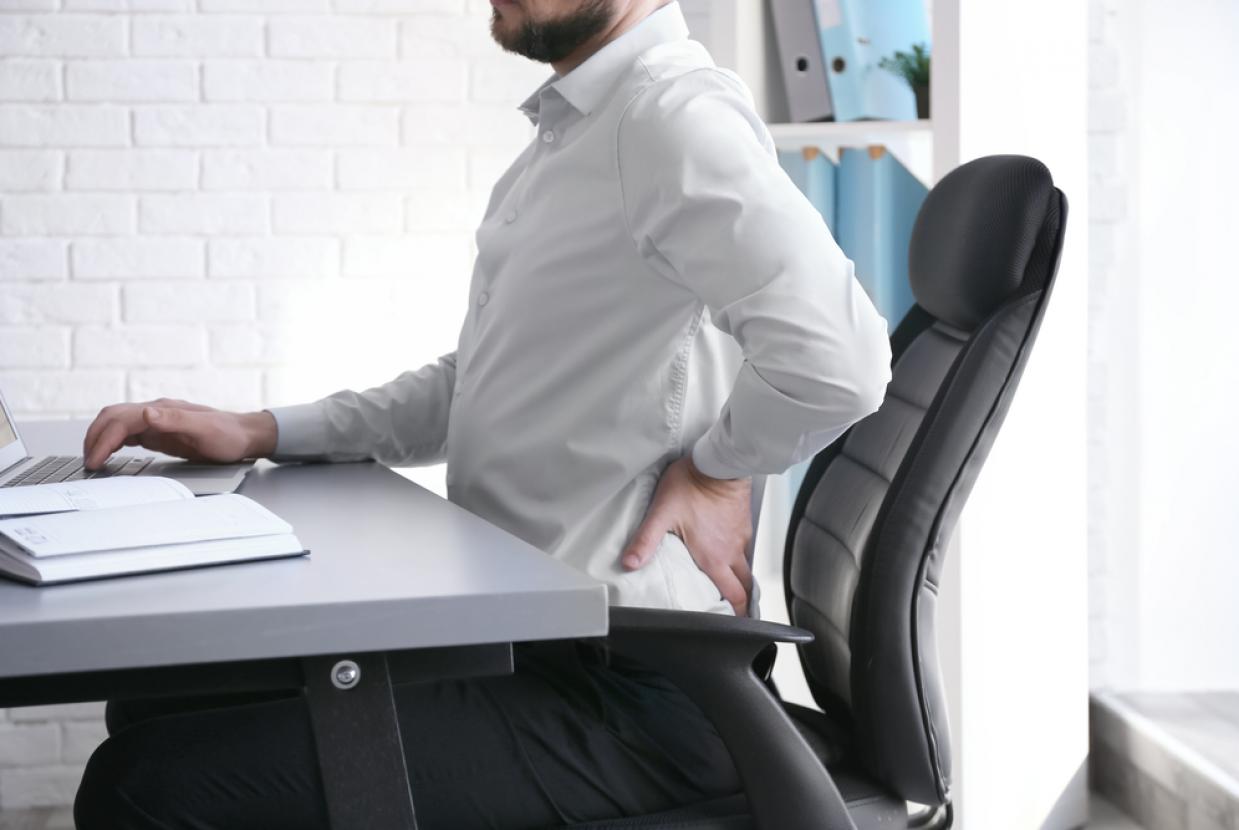Eye Safety
Damage to your eyes can threaten your eyesight so it's important to protect them from hazards like injuries, chemicals and UV light. Here's how to keep your eyes safe at home, at work and when you're out and about.
In the garden
Lots of people get eye injuries while gardening so it's important to protect your eyes. It's especially important to be careful when you're pruning. It's easy to bend forward and scratch your eye on a twig or leaf. Any kind of glasses, including sunglasses, are an easy way of protecting your eyes in the garden, although proper safety glasses are best.
Mark the top of garden canes with something brightly coloured, or put cane toppers on them (you can buy these online or in garden centres). It's important to wear safety glasses or goggles when using tools that could make a small stone or piece of grit fly up at high speed as this can cause serious eye injuries. This includes digging hard earth with a spade and particularly using lawn mowers and strimmers.
If something does fly up and hit your eye at high speed, get it looked at as soon as possible.
In the sun
On a sunny day, it's a good idea to protect your eyes against the sun. Look for sunglasses with the British Standards kitemark or CE mark. This means they offer a safe level of protection against harmful UV light. Always avoid looking directly at the sun, including during an eclipse. It can cause permanent damage to the back of your eye.
Using chemicals
Chemicals used at home that can cause severe harm to your eyes include bleach, weedkiller, fertilisers, caustic soda and oven cleaners. But you need to be careful with most household chemicals, including laundry liquids and surface cleaners.
Be particularly careful to lock harmful chemicals away from small children. If you get a chemical in your eye, you need to wash it out of your eye as quickly and thoroughly as possible by flooding it with liquid. In an emergency tap water from the cold tap is fine. Let the tap run for a few seconds so the water is fresh. You could also use:
- eye wash – it's a good idea to keep some in your first aid kit
- contact lens solution
Doing DIY
Each year about 20,000 eye injuries are caused by DIY accidents, according to the Eyecare Trust. The best way to protect your eyes is to wear proper safety glasses or goggles. These should:
- be impact-resistant – look for the words 'polycarbonate lens'
- have a British Standards kitemark or CE mark
- fit properly (including over your glasses if you wear them)
If you get something in your eye
The golden rule if you get something in your eye is not to rub it. Instead, pull your upper eyelid outwards then down over your lower lashes. This causes tears to flow which should wash the object out of your eye.
Try this several times if necessary. If it doesn't work, try washing the object out of your eye with plenty of eye wash, contact lens solution or cold tap water.
Doing sports
Being hit by a moving object while playing sports is another common cause of eye accidents.
- Squash – squash balls are particularly dangerous because they're a similar size to your eyeball. You also risk being hit in the eye with a squash racquet. It's best to wear sports safety glasses while playing
- Golf – being hit in the eye with a golf ball can also cause serious injuries, so always stand well behind anyone taking a shot
- Swimming – never wear contact lenses while swimming, and wear goggles to protect your eyes if they're sensitive.
- Cycling – wear protective glasses for cycling to avoid injury from road chippings and to stop flies and dust getting into your eyes
- Guns and paintballing – air rifles, BB guns, nerf guns and paintballs are common causes of severe eye injuries so always wear safety goggles when using them
Using computers
Working for long periods on a computer can make your eyes feel tired or strained. You may develop:
- eye discomfort
- headaches
- itchy eyes
- difficulty focusing
While working on the computer:
- pause now and again and look into the distance or stare out of the window
- blink your eyes now and again
- stretch your head and neck
You should also take frequent short breaks away from the computer. Make sure you're working in well-lit conditions but without light reflecting off the computer screen.
Visit your optometrist about every two years for eye tests, and make sure they know you use computers a lot. Middle-distance glasses can help with computer work if you are middle aged or older.
When driving
Make sure you can see the number plates of the cars around you. DVLA guidelines say you must be able to read them from 20 metres away. You should tell the DVLA if you have any problems with your eyesight or any conditions that could affect it, such as glaucoma. This doesn't include short- or long-sightedness, or colour blindness.
Make sure you have regular eye tests if you need glasses to drive safely. If you drive at night, the optician can make sure your glasses are suitable for driving at night.


